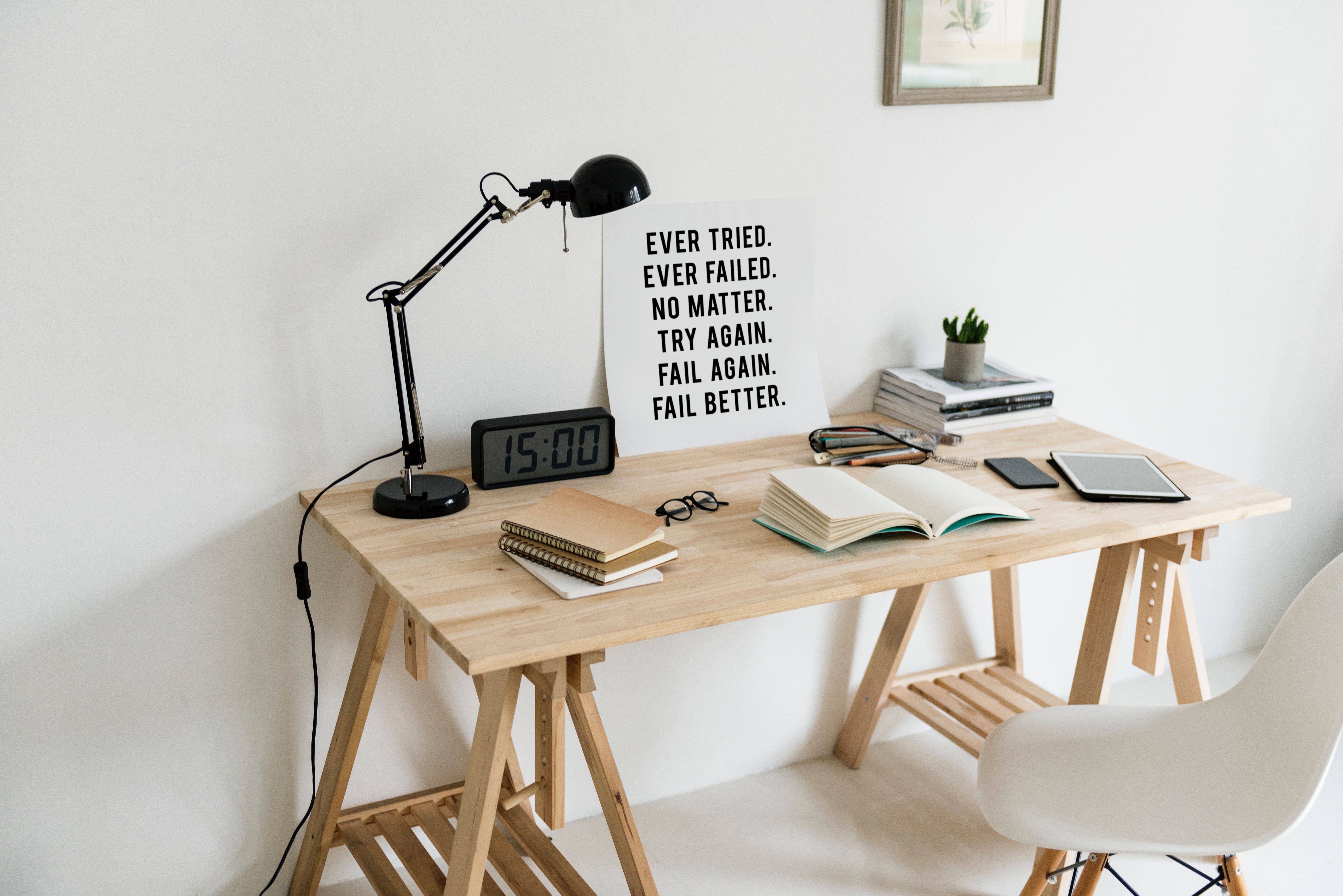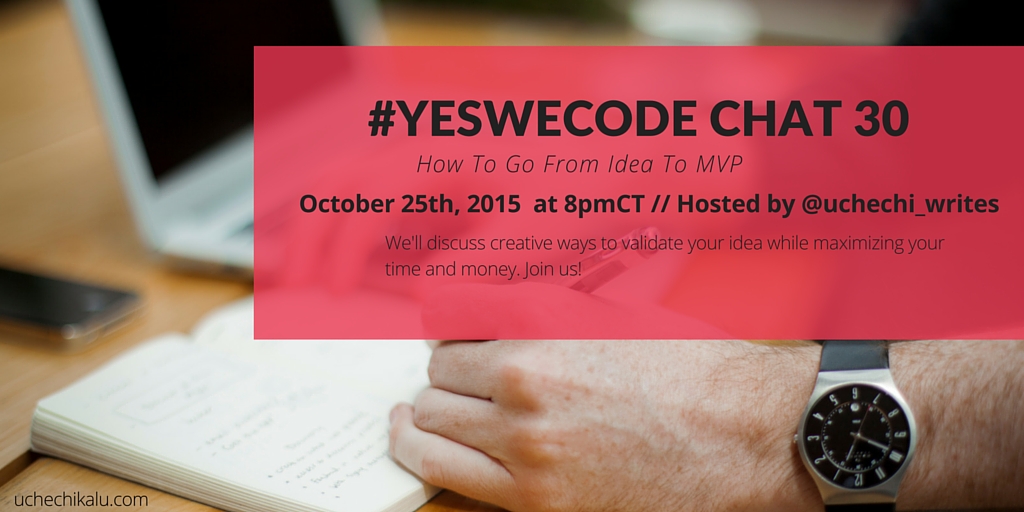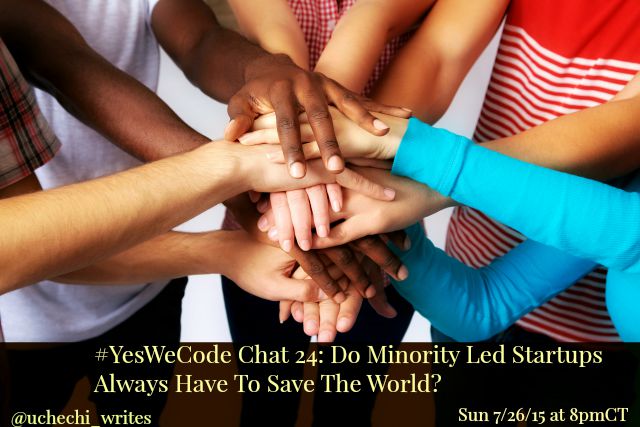
by Uchechi | Feb 7, 2019 | creative confidence, creative resilience, creativity

dear creative,
I want to talk to you about failure, and encourage you to reframe how you see your past. I’m going to say something that might not make any sense but bear with me.
Your failures can be part of your creative lineage.
Let me tell you a story.
3 years ago, I closed the doors and turned off the lights at wedOcracy. I walked away from the startup world.
I did this because it was clear that the growth we were hoping for was not arriving anytime soon. My co-founder and I had been invited to major tech events and even pitched at SXSW. We had raised an initial round of funding. We attended a well-known tech accelerator where mentors guided us.
I immersed myself in the world of weddings. I studied wedding statistics. I know things that I probably have no business knowing about weddings. A few years after we launched, we closed wedOcracy’s doors because we were not growing as fast as we needed to. We had worked so hard, and I felt like a failure.
Our goal was to make weddings more social, more engaged and more fun. We didn’t find the technology, so we built it. In many ways, we succeeded. We helped couples from several counties make their weddings more fun and social. But I also had to make the difficult choice of closing the doors when it was time to move on.
As the startup founder, I had to write a final blog post to send out to our subscribers.
It was a horrible feeling.
Fast forward to today, and I realized that the things I learned about weddings can now help my wedding photography client. This month, I’ve been blessed with the opportunity to use the things I learned in the wedding industry. While running this company, I researched weddings. I know more than I should know. I became a nerd in the wedding industry.
This month, I’ve been blessed with the opportunity to use the things I learned in the wedding industry. While running this company, I researched weddings. I know more than I should know.
I became a nerd in the wedding industry.
I’ve started working with wedding and event photographer Chris Wodjak. Supporting her web design and marketing needs allowed me to reframe how I think about failure.
Your Creative Failures Can Lead To Your Future Creative Success
- Your past creative mistakes can be the ancestors for your future success. It is an honor to work with this talented photographer and bring all the skills and research I gained from my wedding startup days to support her in growing her business.
- The knowledge never leads you. While I moved on from the startup world, I still learned how to design and develop applications for startups. I still learned how to create effective marketing strategies for millennial brides. The knowledge stays with you.
- Sometimes, your true purpose is different from what you can imagine. When I closed the doors, I felt like a failure. I could not see (or understand) how I could use all of my efforts towards anything else.
Questions To Ask Yourself When You Feel Like A Creative Failure
- What if your failures are part of your future success?
- What if you were not meant to succeed in one area, but instead learn something to take you to the next stage?
- Can you learn to see your failures as the legacy for your success? What if your past failure is a creative ancestor for your future success?
I hope you find that day when your past mistakes feel like ancestors in your creative lineage. They are teaching you things. They are supporting your journey in ways that might sometimes feel difficult.
Keep going dear creative. I want to see your brilliance.
Love,
Your Future Self

by Uchechi | Jan 2, 2016 | Blog
Sunday 1/3/16 at 8pmCT
Let’s connect on Twitter: @uchechi_writes
Happy New Year and welcome to 2016! The new year gets me thinking about how to take my tech startup to the next level, and for months we’ve been talking about creating a wedOcracy mobile app.
Since launching in 2013, we’ve relied on the web based application but we’re starting to ask ourselves some serious questions (again) about mobile now that we have some funds to start building.
I believe in mobile first, and it’s a great way to optimize the user experience on desktop or mobile devices. It’s easy to think a mobile app will solve all your startup setbacks and usability issues. But will it really?
As the owners of a web development company, we’ve consulted with startups who’ve come to us believing that their first and foremost need was a mobile app. As often as not we end up working with them to find solutions that bring in more customers, optimize their social media presence and help them grow their business without building the app just yet (and without spending that large amount of cash).
As a founder, you don’t often have the capital to build something only to realize it doesn’t serve your users down the line. Maximizing time and money are essential, and so is knowing when to build your mobile product and when to hold off until you’re ready.
Questions to think about:
- How do you know if your idea needs a mobile app?
- Have you built a startup mobile app before? What was the process like? Did you have the capital to do it?
- Did you wonder if building your startup mobile app was the best choice for your company and product?
- How did you know where to start?
- What lessons did you learn about mobile app development for your startup?

by Uchechi | Oct 22, 2015 | Blog
#YesWeCode Chat 30
Topic: How To Go From Startup Idea To MVP
Sunday October 25th at 8pm CT
Connect with me @uchechi_writes
Going from your startup idea to MVP can be challenging, especially if you’re not quite sure how to validate your idea.
Over the last year, I’ve spoken to several startup entrepreneurs who are bootstrapping their product development, and want to know how to do so in a way that maximizes the time and money they do have. How do you know if there’s a need for your product? What counts as market validation? What are some low cost ways to test the market? These are all important questions you should ask yourself to help you get to your MVP. Often times, entrepreneurs don’t always know how to go about doing this effectively, and end up wasting a lot of time and resources.
I think it’s time we used the #yeswecode chat as a platform to help you figure this out and to help you get there with as little stress as possible.
During the chat, here are some questions to think about:
1. What does it meant to validate your idea?
2. Do you think you have to have lots of startup capital to do this?
3. If you’re a founder, how did you go about getting to your MVP?
4. Are there ways to use social media to help us get to our MVP?
5. For non technical founders, what has been the biggest hurdle you’ve had to overcome?
6. With varying ideas of what it means to “validate” your idea, how do we find a plan of action that gets us there with very little waste of time and/or money?
Missed the last #yeswecode chat and want to catch up before the next one? We discussed how to create more opportunity for all in tech.
See it here: http://buff.ly/1LmapNU
New to the #yeswecode chat? Check out these guidelines to help you make the most of it!
See you Sunday!

by Uchechi | Aug 20, 2015 | Blog
When it comes to building and sustaining a company, culture is key. From startups like Amazon to Airbnb, startup culture conversations are at the center of current conversations.
Discussing startup culture might be a key part of engaging the issue of tech diversity.
Recently, President Obama hosted the first ever Demo Day at The White House. This event generated a conversation around tech diversity and the lack of it as a cultural issue. Regardless of what you believe on this topic, company culture does shape what is accepted and acknowledged as appropriate within a tech company.
I think it’s really important to ask ourselves about the cultures we’re trying to create and what roles we as founders play in supporting or dismantling certain assumptions and behaviors within our companies.
How does the culture we create impact the future of our companies? Does it matter? How do we make room for all of us? The single mothers, the full time parents/techies and everyone and anyone who might not be seen as a cultural fit in an industry that lacks diversity in almost every way.
Join us for the next #yeswecode chat to discuss startups, company culture and the tech culture we’re trying to create.
Questions to think about:
- How do we make diversity part of our company culture/DNA from the beginning?
- Which company culture elements are most important to you.? Why?
- Do startups founders have a responsibility to positively shape company culture from the beginning?
- What tips would you give to company founders about creating inclusive culture?
- How do we expand the conversation about startup culture to include everyone?
See you there!
Joining the #yeswecode chat for the first time? Check out the guidelines to help you make the most of it.
Photo Credit

by Uchechi | Jul 23, 2015 | Blog
Yes We Code chat 24: Do Minority Led Startups Always Have To Save The World?
Sunday July 26th 2015
6pmPST/8pmCT/9pmEST
Connect with me on Twitter @uchechi_writes
More and more companies are creating products and services for social good. From well known shoe companies like TOMS to local businesses promoting giving back to the community, the idea is a good one that can only continue to better the world we live in.
But what happens when creating a social good business is assumed, especially for minority entrepreneurs? I recently attended a dinner for minority entrepreneurs where got to talking about the assumption that minority founders are supposed to create startups focused on “social good.” During the conversation, we agreed that this expectation is not only a problem, but creates mixed messages for minority led startups. On the one hand, we’re supposed to be focused on making money and have an investment worthy business model. On the other hand, we’re supposed to do “social good” and create something that gives back to the community.
I have no problem with creating businesses for social good. I’d love to see more companies working to improve the world. The challenge I find with this notion is that this seems to be the companies that not only get funded, but this message is encouraged over and over again.
Funding sites like Kapor Capital focus on social good and that’s a positive, necessary thing, but how can we create companies that are profitable and may – or may not be – focused on social good? We’ll discuss this and more during the next yes we code chat.
Some questions to think about:
- What does “social good” startups mean to you?
- Do you feel a responsibility to “give back” via your company?
- Have you run up against funding obstacles because you’re not a “social good” startup?
- What do you think of startups like Tom’s shoes, who position themselves as social good?
- Do minority led startups always have to save the world?
Joining the chat for the first time? Check out the guidelines to help you make the most of it.



